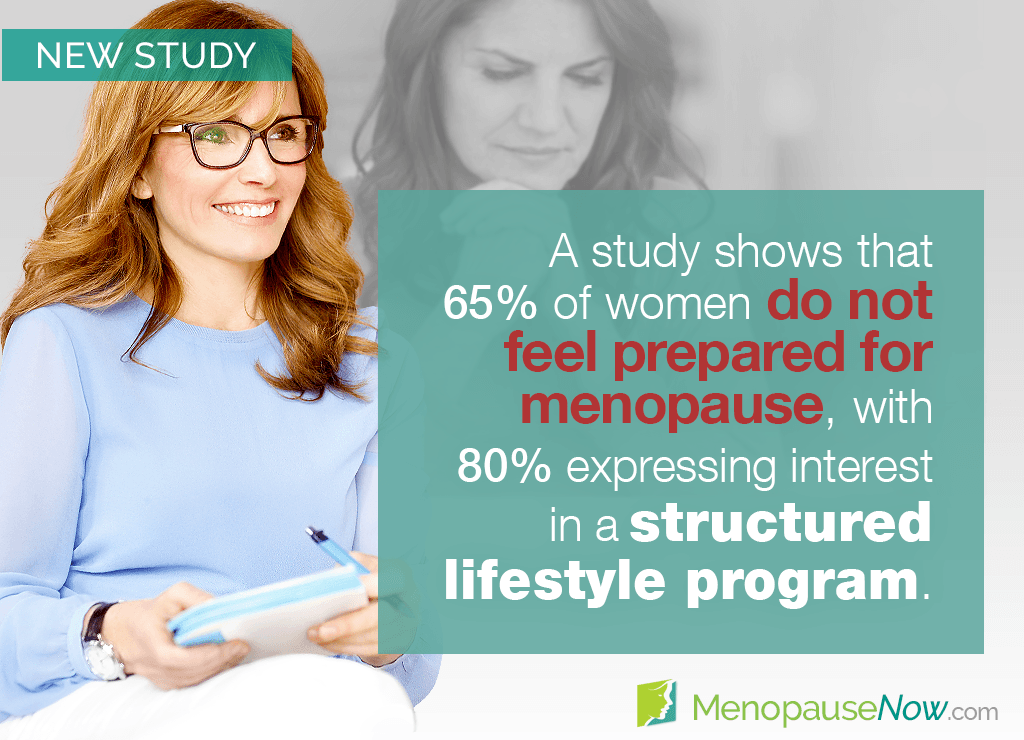Despite the fact that women anticipate their entry into menopause for a number of years, many find themselves struggling when the transition finally begins.1 To evaluate potential programs to help women in their struggles, American researchers explored the health and lifestyle behaviors among middle-aged women during menopause.
Study Design
This observational study was done at the Pennington Biomedical Research Center, using data from 1,611 women who were either peri- or postmenopausal, which means they were either going through the transition or had already gone through it.
Women were given questionnaires about their menopausal status, experienced symptoms, go-to ways to relieve their discomforts, and how well they feel prepared for the transition.
Study Findings
The researchers' analysis of women's questionnaire responses provided the following insights:
Experienced Symptoms
- The most severe reported symptoms were insomnia, loss of libido, hot flashes, night sweats, and fatigue.
- More than half of women reported symptoms that sometimes interfered with daily functioning.
- Higher menopause symptom scores were observed with increasing body mass index (BMI).
- 63% of women did not use hormone replacement therapy (HRT) because they never considered it or preferred not to take it.
Lifestyle Behaviors
- 42% of women have not tried using diet or lifestyle changes to relieve their symptoms.
- About a third of all women exercised at least three times per week for symptom alleviation.
- The most popular exercises were walking, resistance training, biking, exercise classes, and yoga.
- Women who did not exercise had a higher menopause symptom score relative to those who exercised.
- 72% of women ave not tried using holistic remedies for their symptoms.
- Those who did opted for meditation, mindfulness, breathing exercises, massage, and chiropractic sessions.
Overall, 65% of women did not feel prepared for menopause. The majority expressed interest in a structured lifestyle program for menopause discomforts, including joining such a program with other menopausal women.
What Does It Mean?
Observational studies like this one are important because they help understand people's behaviors, identify their unmet needs, and use that knowledge to construct programs that can be tailored to them.
The results of this study provide helpful clues about how women approach the menopausal transition, including revealing that most of them do not feel prepared for menopause.
There is a pressing need for more educational tools and guidance to help menopausal women pass through the changes, feeling confident and empowered. This includes creating a structured lifestyle program, focusing on natural approaches for treating menopause symptoms.
The value of support circles for menopause women was also evident in this study. Community programs or local support groups could give women an opportunity to help and encourage one another.
Sources
- Maturitas. (2018). A qualitative assessment of health behaviors and experiences during menopause: A cross-sectional, observational study. Retrieved March 17, 2021 from https://www.sciencedirect.com/science/article/abs/pii/S0378512218302111
Footnotes:
- Maturitas. (2016). Coping with menopausal symptoms: An internet survey of Belgian postmenopausal women. Retrieved March 17, 2021 from https://www.maturitas.org/article/S0378-5122(16)30097-4/fulltext

